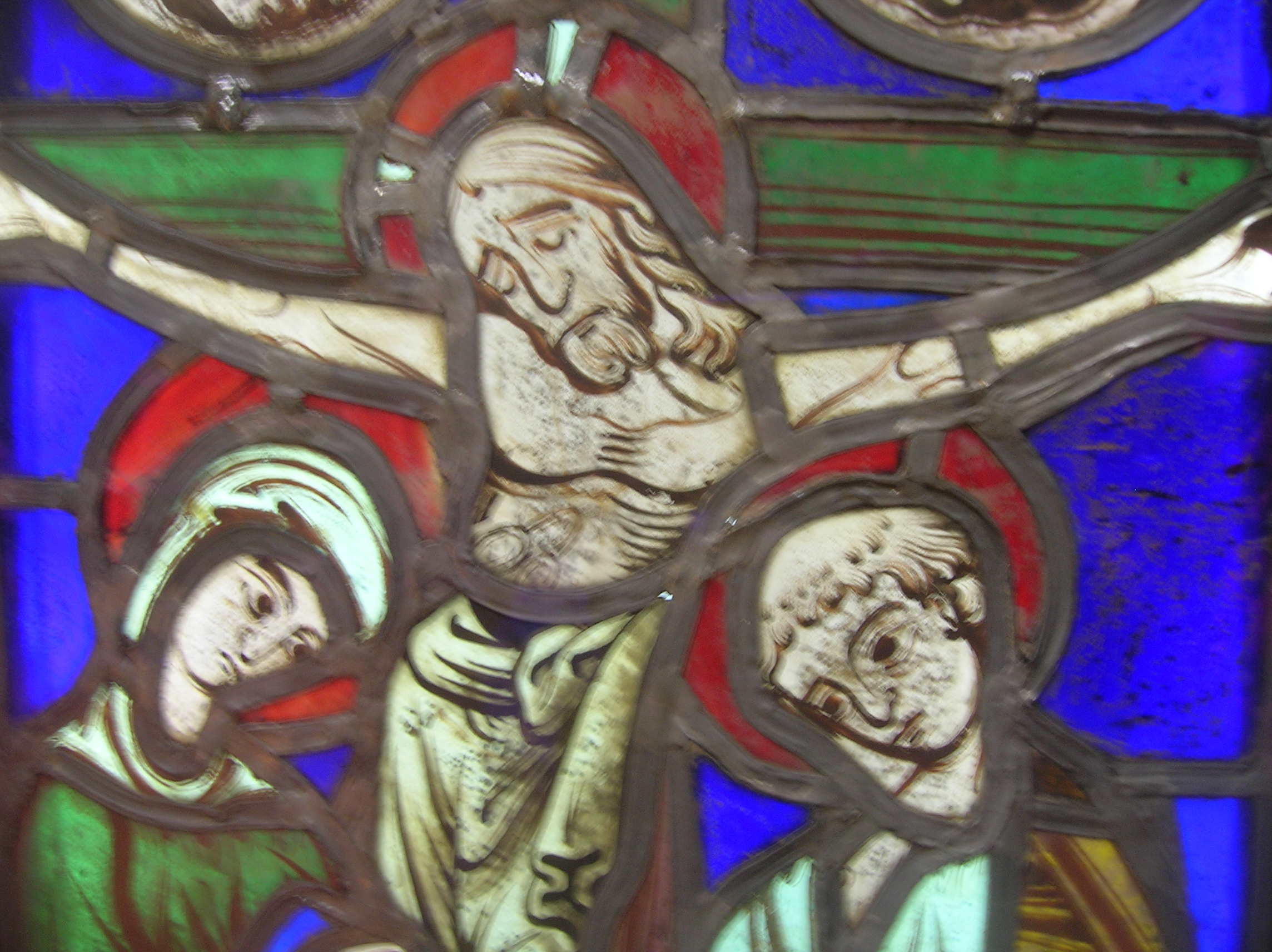It’s been a while since I’ve dialogued/argued with Will Willimon’s Bishop. Seems like a good time to pick it up again.
On page 42 he says,
“The United Methodist practice of itineracy is so deeply countercultural that we may be unable to sustain it into the future. As I’ve said, UM polity is against just about everything Americans believe, which has to be one of the reasons early Methodists put so much stress on education and formation – they knew that their version of church required constant indoctrination.”
Where to begin? Well, why not the very last word: “Indoctrination.” Americans don’t believe in indoctrination. Well, at least we say we don’t we believe in Everyone Thinking For Themselves. We believe it so much it’s practically become a counter gospel message. Every semester I hear student say this when confronted with any intimation there might be such a thing as truth: “Everyone has their own opinion.” I tell them this is either a truism or demonstrably false. If we take the claim to mean that the opinions a person has are her opinions, that’s a truism. If we take the claim to mean that each person’s opinions are only her own, unique to her, and arrived at by her own reasoning, the claim is demonstrably false. Many of our opinions are shared. We get them with our culture and social groups. Most we swallow and digest without the least bit of thought. Only the outliers get much thought at all.
So what are United Methodists? Are we thinking people, people who think for ourselves, or are we those who let others do our thinking for us, i.e., those who are indoctrinated? In identifying the unAmerican nature of Methodism Willimon has not just nailed it, he’s nailed it to our very flesh. Ouch!
Ok – the early Methodists loved education because we knew the Methodist way required indoctrination. We surely gave that up somewhere along the line. Oh, we didn’t give up our love of education: we just changed what we meant by the word. Modern education is built on the commitment to be uncommitted – to anything other than the search for truth. A prior commitment to Jesus – or to the Christian faith, once a cornerstone of education in the Christian-influenced part of the world, became anathema. The church says, “Education,” meaning by that, “Education that builds people into faith in Jesus and allegiance to his kingdom.” What was soon heard, however, was “Education that is respectable in terms of the canons of the emerging secularity of the Modern World.” Now what is heard is, “Education that gives our customers the competencies and knowledge to get ahead in the competitive world marketplace.” We’ve equivocated “education.”
